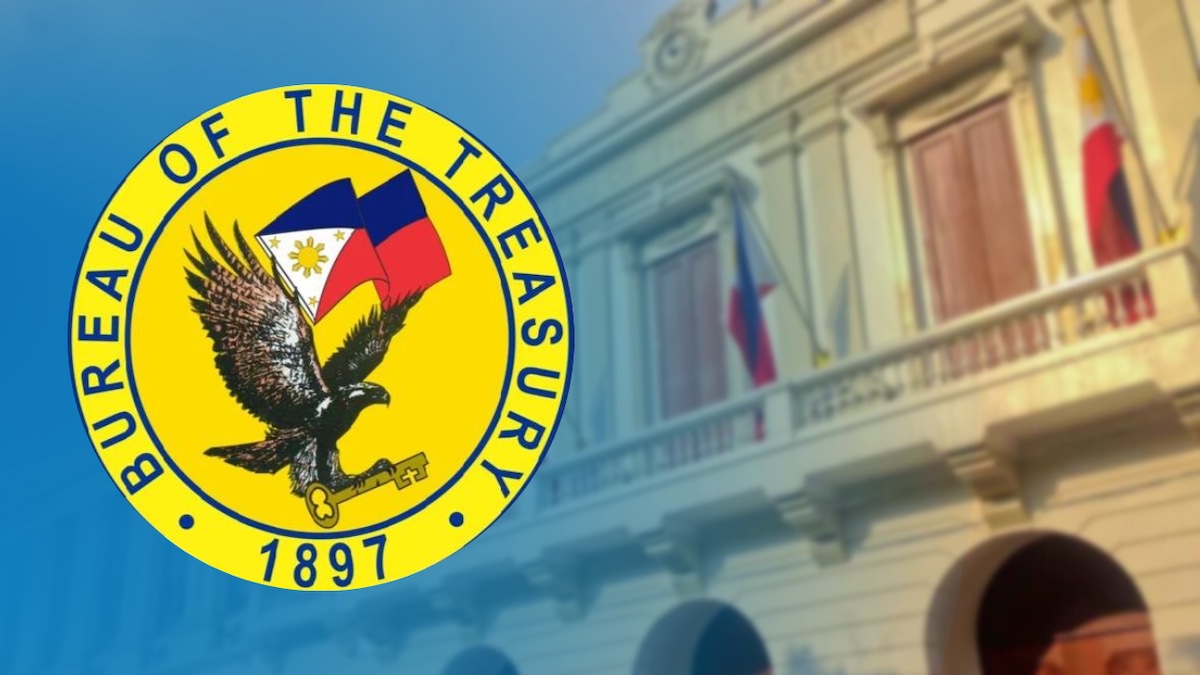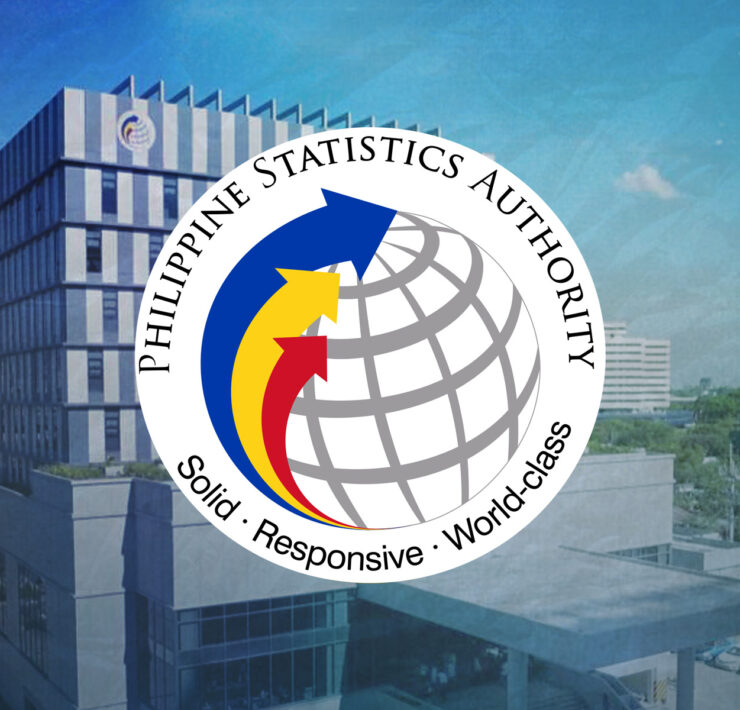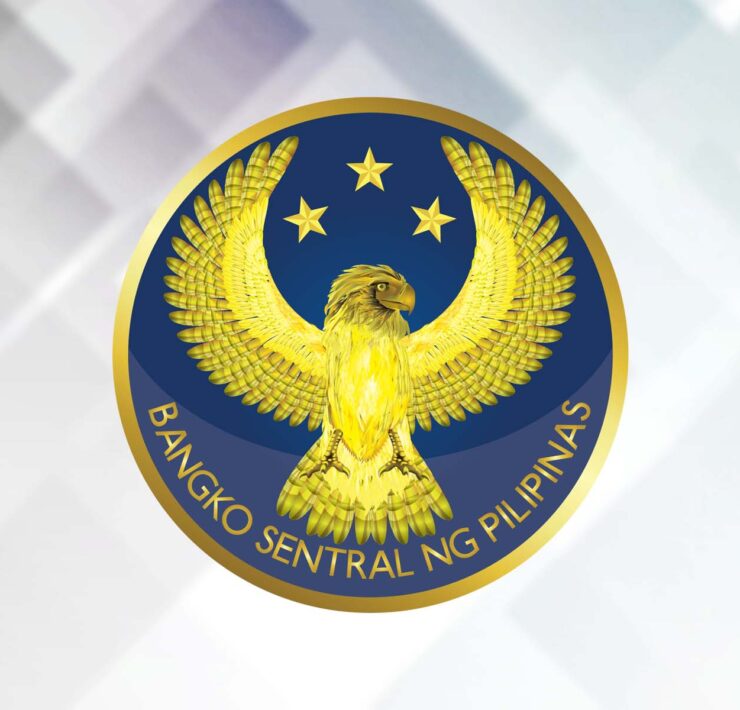T-bill rates ease on increased odds of a US Fed cut

The government was able to borrow its planned amount of short-dated debt during Monday’s sale of Treasury bills (T-bills) after rates slightly went down for the third straight week.
Auction results showed the Bureau of the Treasury (BTr) raised P15 billion via T-bills.
The offering was met with strong demand, with total bids amounting to P52.9 billion, exceeding the original size of the issuance by more than three times.
The robust appetite from onshore creditors, who also sought cheaper borrowing rates, helped the government raise its target amount of T-bills. Michael Ricafort, chief economist at Rizal Commercial Banking Corp., said rates “slightly corrected lower” after softer US jobs data increased the odds of a rate cut by the Federal Reserve later this year.
“Any possible Fed rate cuts could be matched locally,” Ricafort said in a commentary.
According to BTr, the 91-day T-bill fetched an average rate of 5.780 percent, cheaper than the 5.869 percent recorded in the previous auction.
Lenders asked for an average yield of 5.930 percent for the 182-day debt paper, lower than the 5.988 percent last week.
Lastly, the rate for the 364-day T-bill averaged 6.056 percent, down from the previous auction’s 6.081 percent.
The Marcos administration plans to borrow P585 billion from local creditors in the second quarter of 2024—the same as the financing program in the first quarter—to bridge its budget deficit.
Under the plan, the government is targeting to raise P195 billion via T-bills and P390 billion via Treasury bonds (T-bonds).
Overall, the Department of Finance recently announced a bigger borrowing plan for this year at P2.57 trillion—from the old program of P2.46 trillion—as the government raises funds to plug a bigger-than-previously expected budget hole of P1.5 trillion.
The larger debt program in 2024 would put the debt-to-gross domestic product ratio, a measure of the government’s ability to pay its debts, to 60.3 percent, slightly above the 60-percent threshold deemed manageable by credit rating agencies for emerging economies like the Philippines.





















